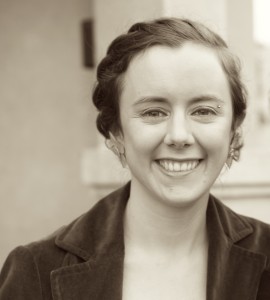Her passion for health, gender and sexuality research comes from the meeting of her sociological training and her feminist convictions, which grew from her involvement in women’s organizations. This led her to conduct various research projects in Malawi as part of her graduate studies, working with HIV prevention workers, in both secular and faith-based organizations, and with young people. Her research skills cover a wide spectrum, including traditional qualitative research, methods from the participatory toolkit as well as quantitative analysis.
She later applied these field experiences and her sociological lenses to work with several international organizations in Geneva, such as the International AIDS Society, where she worked on the evaluation of the 2010 conference in Vienna; the World Health Organization, where she contributed to the drafting of the 2012 Report on the Partnership on Maternal, Newborn and Child Health; and more recently the Global Fund where she prepared the Gender Equality Strategy Action Plan and monitored its implementation at various stages of the funding process.
In addition to being a seasoned researcher with a growing publications record, Anaïs is an excellent writer and editor in both French and English. She is currently based at McGill University, in Canada, where she is a postdoctoral fellow.
Too often, I see such a disconnect between the people who make policies and those who are affected by them. Nowhere is this more visible than in HIV policies aimed at women and young people! Research is a powerful tool to bridge that gap, but researchers cannot afford to stay in the ivory tower if we want our research to make a difference. For research to be useful, we need strong alliances with communities and civil society to ensure health policies are inspired by the latest scientific evidence and respect human rights. My work with ASAP helps me contribute to these alliances.


